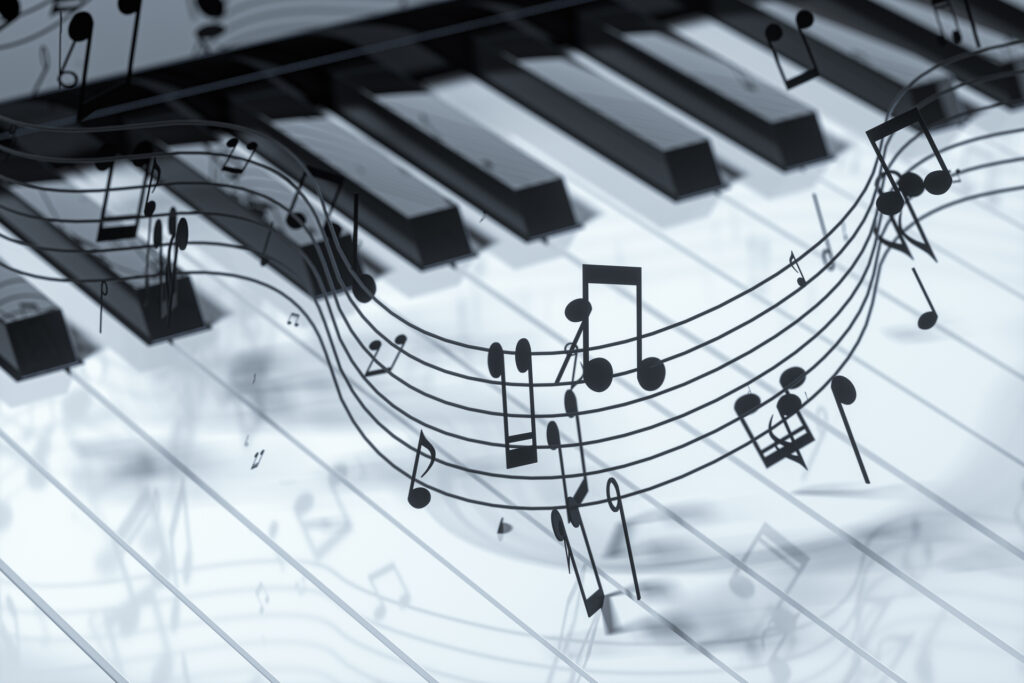A groundbreaking 2025 study published in The Nature suggests that expressive classical piano music doesn’t just stir emotions, it may also influence your blood pressure. But here’s the twist: if you have hypertension, your body might not respond to music the same way as someone with normal blood pressure.
🎹 The Study: Music’s Impact on Blood Pressure
Researchers at the University of California, led by Dr. Harrison J. Pope, explored how classical piano music affects blood pressure. They focused on two key elements of music:
- Tempo: The speed of the music.
- Loudness: The volume at which the music is played.
Participants listened to various piano pieces that were digitally altered to change their tempo and loudness. Blood pressure readings were taken before, during, and after the listening sessions.
🧠 Music for Blood Pressure: The Findings
- Normotensive Individuals: Those with normal blood pressure experienced a significant increase in both systolic and diastolic readings when listening to expressive music. This suggests their cardiovascular systems are more responsive to emotional stimuli.
- Hypertensive Individuals: Those with high blood pressure showed a blunted response. Their blood pressure readings changed minimally, indicating a possible reduced sensitivity to emotional cues like music.
- Tempo Matters: Faster music led to a decrease in blood pressure variability among normotensive participants, suggesting a stabilizing effect. Loudness, however, had less impact.
💡 What Does This Mean for You?
If you have hypertension, your body’s muted response to music might reflect a broader issue: reduced autonomic flexibility. This means your nervous system isn’t as adaptable to changes, which can be a concern for overall cardiovascular health.
However, don’t discard your favorite tunes just yet. While immediate effects might be subtle, regular engagement with music, especially faster-paced classical pieces, could still offer long-term benefits. Think of it as a gentle workout for your heart and mind.
🎧 Incorporating Music into Your Routine
- Daily Listening: Set aside time each day to listen to expressive classical music. Morning sessions can invigorate, while evening sessions can relax.
- Mindful Engagement: Don’t just have music in the background. Actively listen, focusing on the nuances of tempo and dynamics.
- Combine with Other Practices: Pair music listening with relaxation techniques like deep breathing or meditation to enhance the benefits.






